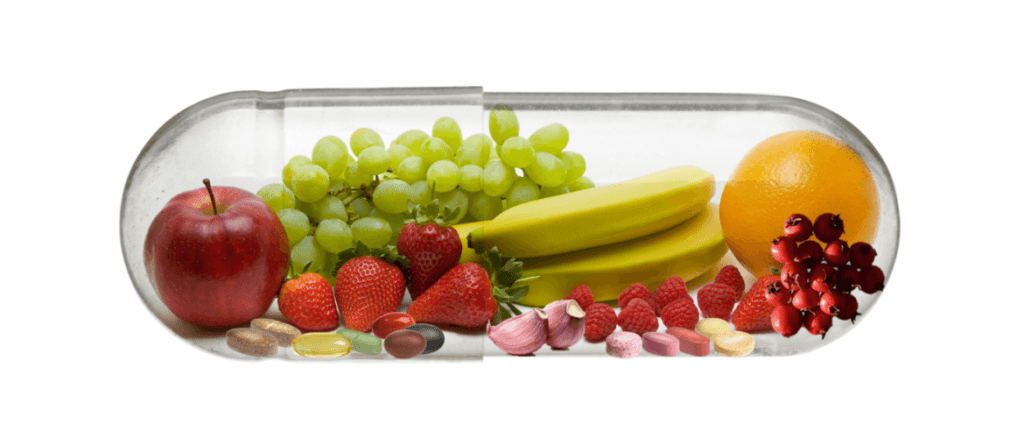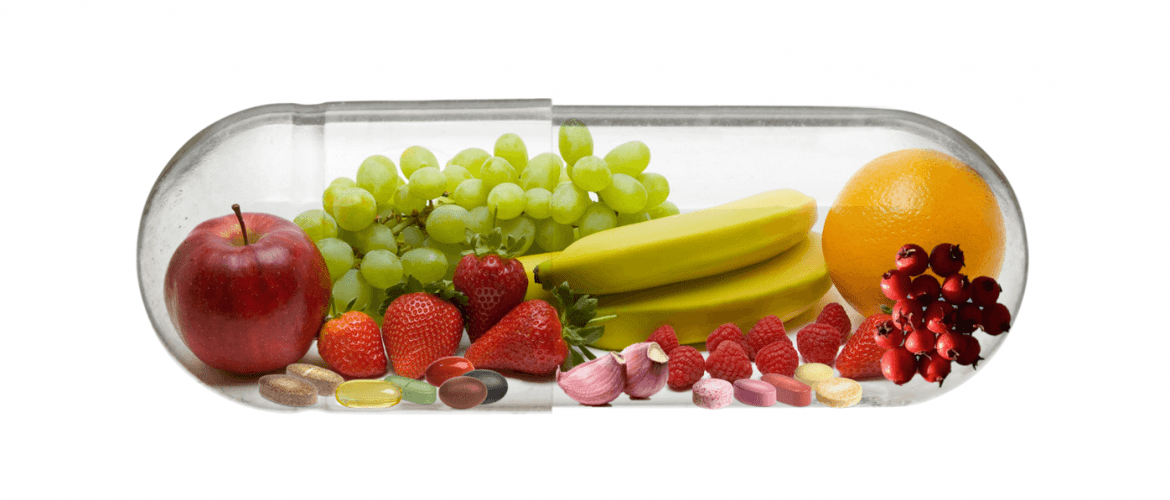
Taking dietary supplements— such as magnesium, protein or a multivitamin– is a great way to fill any gaps left by an incomplete diet. In a world where produce is costly, people feel rushed all the time, and food without nutritious value is always readily available, supplements are often necessary.
That being said, not all supplements are made the same and not everyone will require the same amount of supplementation. Here are five things to consider before supplementing with vitamins.
What Are You Missing?
You only need to supplement your diet if you have gaps in your intake or a deficiency. As the vast majority of people fall short somewhere when it comes to vitamin and mineral intake, chances are you do too.
If you get a lot of colorful fruit and vegetables in your diet, you’re less likely to experience a deficiency than someone who struggles to get fresh produce. Alternatively, vegetarians and vegans often fall short in iron and vitamin B12. Determining what areas you fall short in allow you to select which supplements you’ll start taking.
Activity Level
If you’ve read food labels or supplement packaging at all, you may have noticed a percentage mark outlining the recommended daily intake (also known as recommended daily allowance) of the various nutrients. These recommendations are built around the average, sedentary consumer.
If you are an active individual, you may require more than the average multivitamin offers. Rather than shopping for a store brand vitamin, you should look for a vitamin targeted toward athletes. These often have higher doses of the various vitamins and minerals to ensure your body is getting what it needs to perform. Depending on your chosen activity, you might also supplement with protein and creatine.
Efficacy
Efficacy is how well something works. You may have heard reports about multivitamins being a waste of money as we don’t absorb much of the nutrients. This is a blanket statement, but it does have some merit. Some vitamins aren’t developed with absorption in mind and they have a small window to enter your system.
For example, vitamins with waxy coatings are made that way to last in a bottle. The coating can increase the time it takes for the pill to break down, subsequently decreasing what gets absorbed during digestion. Liquid vitamins or powdered vitamins are a way to get around this. Taking your supplement with food will help increase absorption.
Iron vs. Calcium
A lot of people– women in particular– struggle to get enough iron and calcium. If you decide to take a multivitamin, know this: there is usually no iron in a multivitamin, nor should there be. This is because calcium and iron interfere with one another in regards to absorption.
If you need to supplement with both iron and calcium, as many aging women do, it’s important to time your doses accordingly. Make sure that you take iron at least a few hours before or after taking calcium. As refreshing as a tall glass of milk might be, take your iron pill with orange juice or water with vitamin C, as the citrus improves iron absorption. Take your calcium supplement with something high in vitamin D.
What Can You Change?
Instead of immediately running to the store to get vitamins, think about what you can change in your diet. Grabbing an orange or banana instead of toast in the morning will start your day off with a nice dose of natural vitamins. Having a fruit and greens smoothie before your gym session will fortify your body with a wide array of vitamins and antioxidants.
Vitamins and supplements can help fill the gaps, but will never have the bioavailability (absorption rate) of real, minimally processed food products. Make it your goal to eventually get all you need from your diet.
